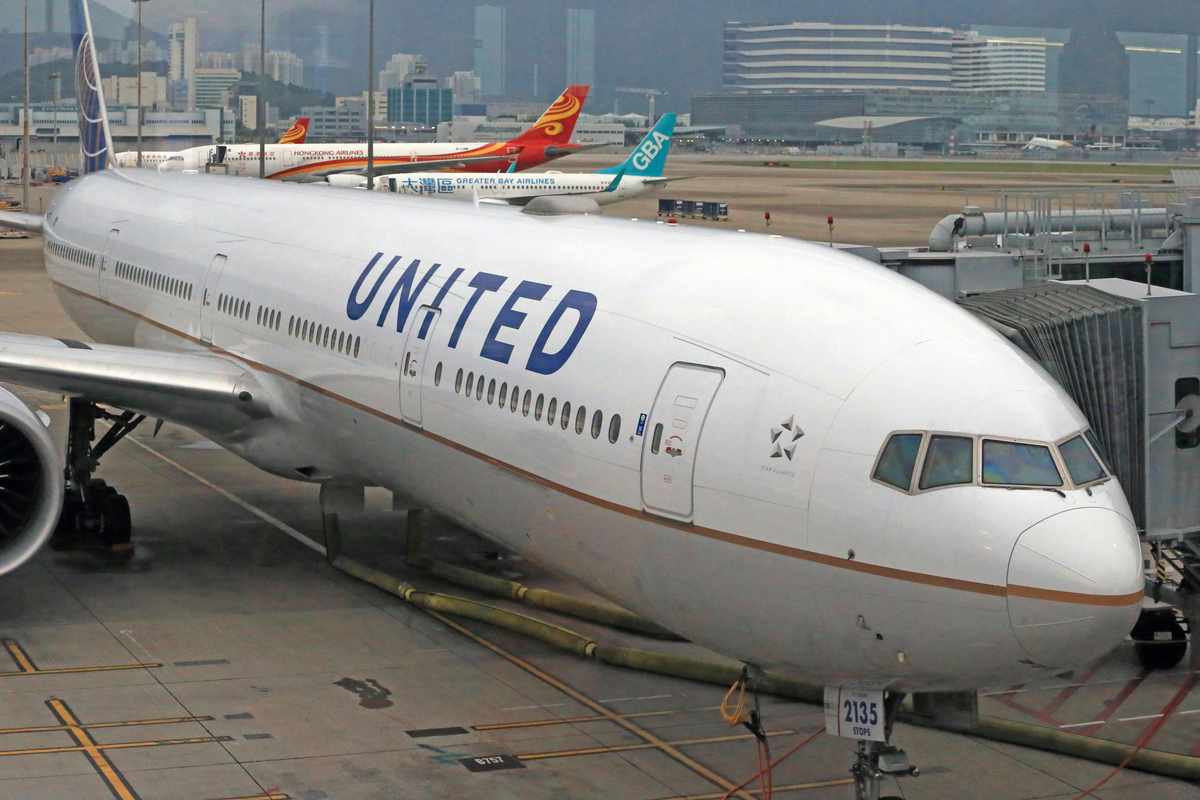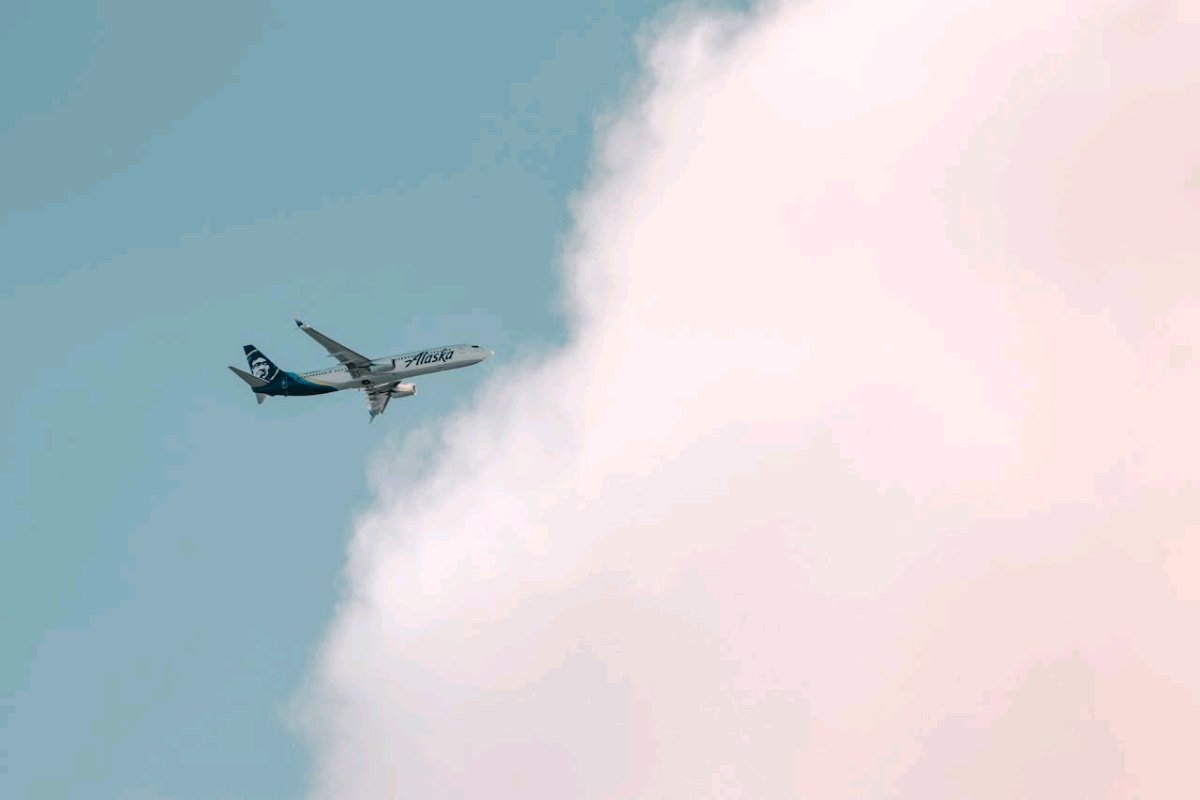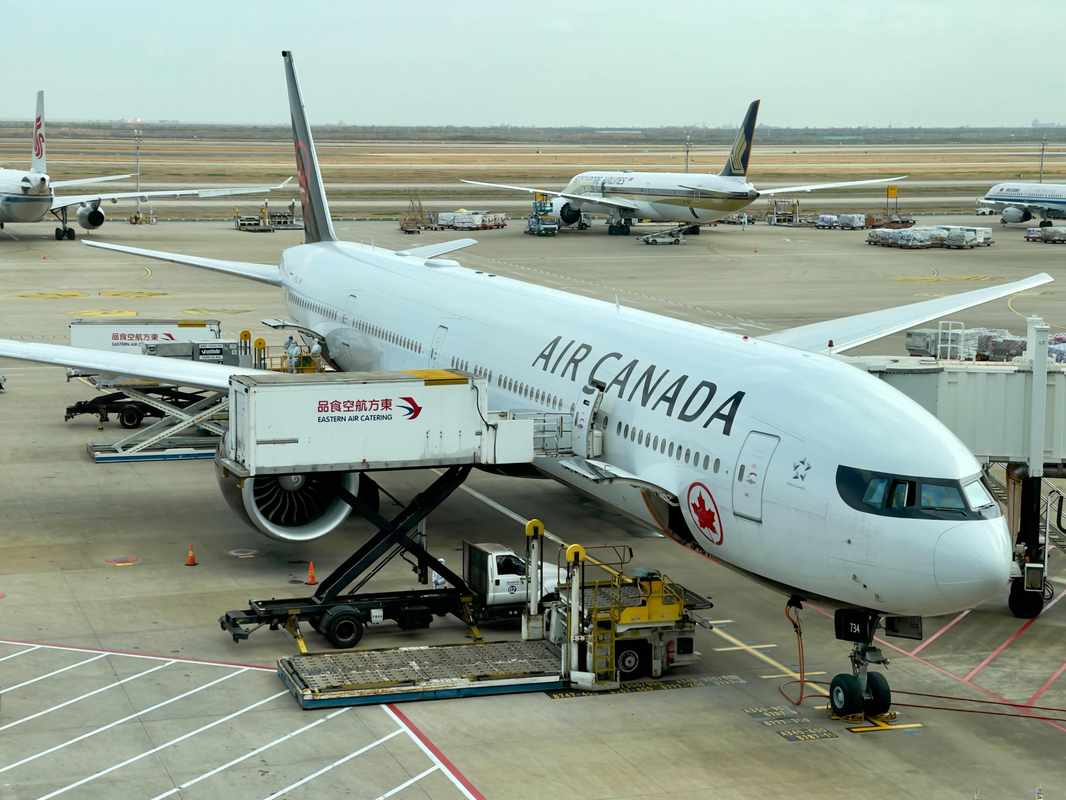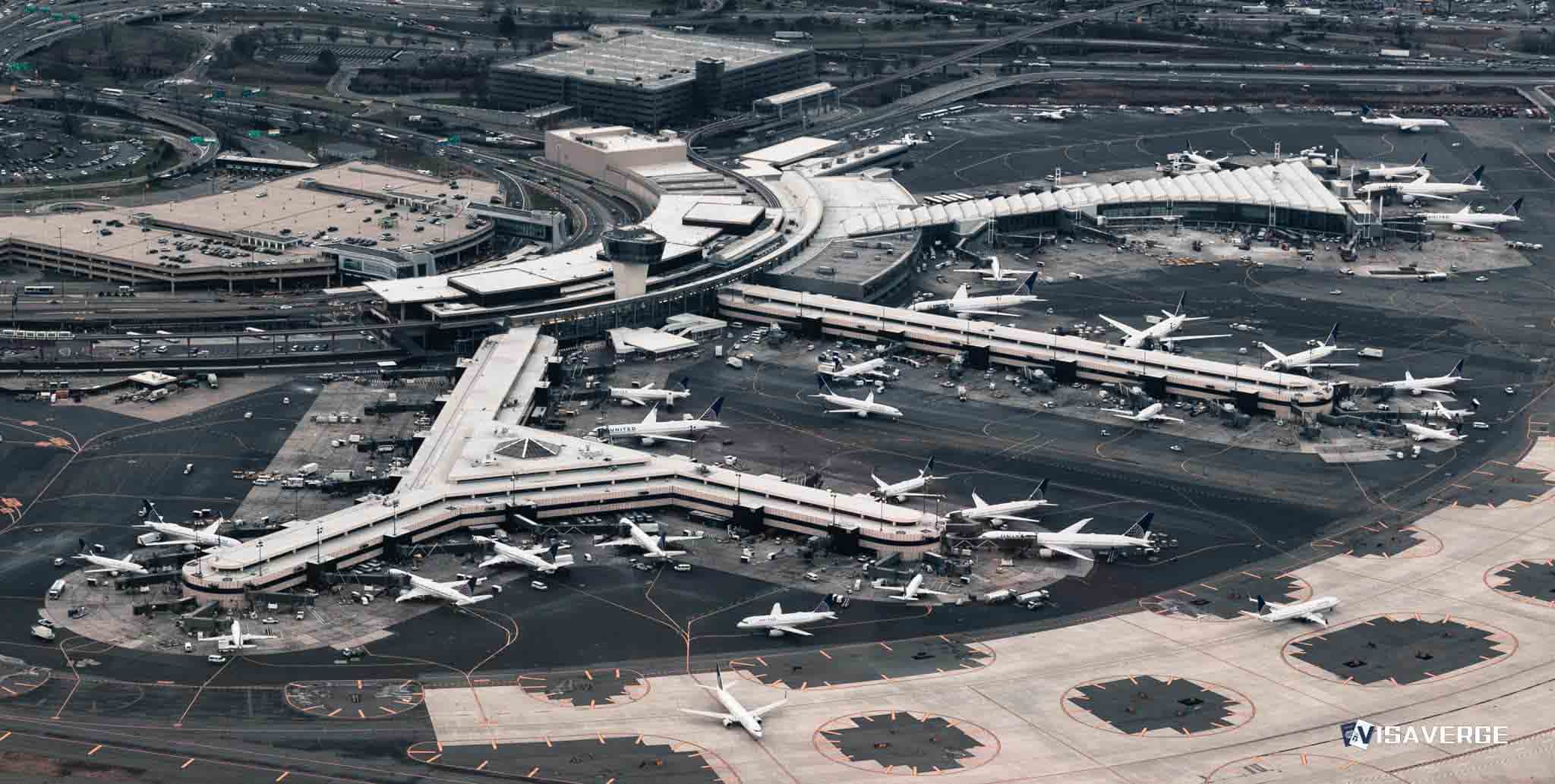Key Takeaways
• On June 12, 2025, United Airlines UA1736 had a right engine failure after takeoff from Denver International Airport.
• The Boeing 777-222ER safely landed with 354 people despite worsening weather and a one-engine rollback emergency.
• The FAA is investigating the engine malfunction; no injuries reported and no immediate policy changes announced.
On June 12, 2025, United Airlines Flight UA1736, operated by a Boeing 777-222ER, faced a serious engine problem just after taking off from Denver International Airport. The flight, which was headed to Kahului, Hawaii, had 354 people on board, including both passengers and crew. The right engine, known as engine number two, suddenly lost power and could not provide the thrust needed for flight. This situation, called a “rollback,” meant the plane had to rely on just one engine while carrying more than 121,000 pounds of fuel.
The pilots acted quickly, declaring an emergency and staying close to Denver International Airport. Despite worsening weather, including strong winds and windshear (a sudden change in wind speed or direction), the crew managed to land the plane safely on runway 26. Emergency teams checked the aircraft on the taxiway, and everyone on board was confirmed safe. No injuries were reported.

This event has drawn attention from aviation experts, passengers, and regulatory authorities. It highlights the importance of strong safety procedures and quick thinking by flight crews. Here’s a detailed look at what happened, why it matters, and what it could mean for travelers, airlines, and the future of aviation safety.
What Happened: The Emergency Landing
Who: United Airlines Flight UA1736, a Boeing 777-222ER (registration N219UA), with 354 passengers and crew
What: Critical engine failure (engine number two lost power)
When: June 12, 2025
Where: Shortly after takeoff from Denver International Airport, Colorado
Why: Engine malfunction—exact cause under investigation
How: Pilots declared an emergency, stayed near the airport, and landed safely despite bad weather
The incident began soon after takeoff. The flight crew noticed that the right engine was not working properly. When an engine “rolls back,” it means it stops producing enough power for safe flight. With only one engine working, the pilots had to act fast. They told air traffic control about the emergency and prepared to return to Denver International Airport.
At the same time, the weather was getting worse. Wind gusts and windshear made flying and landing more difficult. In fact, all other arrivals at the airport were put on hold because of the dangerous conditions. Still, the pilots managed to bring the plane in for a safe landing using a visual approach, which means they relied on what they could see rather than only on instruments.
Once the plane was on the ground, emergency crews checked it for any further problems. Passengers and crew were able to leave the plane safely after the inspection.
Step-by-Step: How the Crew Handled the Emergency
The actions of the United Airlines crew followed a clear, step-by-step process designed for emergencies like this:
- Engine Failure Detected: The pilots noticed the right engine was not working as it should.
- Emergency Declared: The crew immediately told air traffic control about the problem.
- Checklist Procedures: The pilots followed emergency checklists, which are step-by-step guides for handling engine failures.
- Weather Coordination: The crew worked with air traffic controllers to plan the safest way to land, taking into account the bad weather.
- Visual Approach and Landing: The pilots landed the plane using a visual approach, relying on their training and what they could see.
- Post-Landing Inspection: Emergency teams checked the plane on the taxiway to make sure there were no further dangers.
- Passenger Disembarkation: Everyone left the plane safely after the inspection.
This careful and professional response is being praised by aviation experts as an example of good training and teamwork.
Immediate Effects and Official Responses
Aircraft Status and Passenger Safety
- No injuries were reported among the 354 people on board.
- The Boeing 777-222ER was taken out of service for a full technical inspection and maintenance review.
- United Airlines provided support to affected passengers, including help with rebooking and, if needed, counseling or compensation.
Regulatory and Airline Response
- The Federal Aviation Administration (FAA) will investigate the cause of the engine failure. This is standard procedure after such incidents.
- United Airlines is working with the FAA and has not yet released a detailed public statement, but they have confirmed the safe landing and ongoing cooperation.
- As of June 23, 2025, there have been no new FAA or United Airlines policy changes announced as a direct result of this incident. However, such events often lead to internal safety reviews and may result in changes to procedures or extra inspections for similar aircraft.
Airport Operations
- Denver International Airport worked closely with the flight crew and emergency services to make sure the landing and inspection went smoothly.
- The incident caused a temporary pause in arrivals at the airport, leading to some delays for other flights.
Why This Matters: Safety, Operations, and Policy
Passenger Safety
The most important outcome is that all passengers and crew were unharmed. United Airlines is known for providing support to passengers after such events, which can include rebooking on other flights and offering counseling or compensation if needed.
Operational Impact
- The emergency landing and bad weather caused temporary disruption at Denver International Airport. Arrivals were paused, which led to delays for other flights.
- Incidents like this often lead to a closer look at airline maintenance practices and emergency procedures, especially for long-haul flights leaving from high-altitude airports like Denver.
Technical Review
- United Airlines will likely increase inspections of similar engine models on its Boeing 777 fleet.
- The airline may also review and update its emergency response protocols for flights departing from airports with challenging conditions.
Expert Analysis: What the Incident Shows
Aviation Safety Experts
Experts in aviation safety have pointed out that the crew’s response was a textbook example of how to handle a serious emergency. The pilots’ ability to stay calm, follow procedures, and work as a team made a big difference. This is especially important on twin-engine, long-haul aircraft like the Boeing 777, where losing one engine can be very serious.
Passenger Perspective
For passengers, the experience was likely frightening. However, reports suggest that United Airlines kept passengers informed and safe throughout the ordeal. The airline’s crisis response and communication protocols will likely be reviewed to see if they can be improved even further.
Regulatory Perspective
The FAA’s investigation will focus on several key areas:
- What caused the engine to fail?
- Were the maintenance records up to date?
- Did the crew follow all emergency procedures correctly?
Depending on what the investigation finds, there could be changes to how similar aircraft are maintained or operated in the future.
Background: Boeing 777 and Denver International Airport
Boeing 777 Engine Incidents
The Boeing 777 is known for its strong safety record. However, there have been rare cases of engine failures in the past. When these happen, they often lead to regulatory reviews and, in some cases, temporary groundings of certain engine models. This is done to make sure all planes are safe before they fly again.
Denver International Airport
Denver International Airport is one of the highest major airports in the United States 🇺🇸. High-altitude airports present special challenges for pilots, especially when planes are fully loaded with passengers, cargo, and fuel for long flights. The thinner air at high altitudes means engines have to work harder, and takeoff and landing require extra care.
Looking Ahead: What Happens Next?
Investigation Results
The FAA and United Airlines will continue to investigate what caused the engine failure. Once they know more, they will release their findings to the public. If they find a problem that could affect other planes, they may issue technical directives or require extra maintenance checks for similar aircraft.
Possible Policy Changes
If the investigation finds a bigger issue, the FAA could issue what’s called an Airworthiness Directive. This is an official order that requires airlines to fix or check certain parts of their planes before they can fly again. These directives are posted on the FAA’s official website, where anyone can read them.
Communication with Passengers
United Airlines is expected to keep affected passengers and the public updated as more information becomes available. The airline’s customer service team can be reached at 1-800-UNITED-1 (1-800-864-8331) for questions or concerns.
Implications for Stakeholders
For Passengers
- Safety remains the top priority. Incidents like this show that airlines and airports are prepared for emergencies.
- Passengers affected by such events can expect support from the airline, including rebooking and, if needed, counseling or compensation.
For Airlines
- Airlines like United Airlines must review their emergency procedures and maintenance practices regularly.
- Events like this often lead to extra inspections and updates to training programs for pilots and crew.
For Regulators
- The FAA will use the findings from this investigation to decide if any new rules or checks are needed for Boeing 777 aircraft.
- Regulators may also look at whether current training and emergency procedures are enough for flights leaving from high-altitude airports.
For Denver International Airport
- The airport’s emergency response was tested and proved effective.
- The incident highlights the importance of coordination between pilots, air traffic controllers, and emergency services, especially during bad weather.
Practical Guidance for Travelers
If you are a traveler concerned about flight safety, here are some steps you can take:
- Stay informed: Listen to crew instructions and pay attention to safety briefings.
- Know your rights: If your flight is delayed or canceled due to an emergency, you may be entitled to rebooking, compensation, or other support.
- Contact the airline: For questions about your flight, reach out to United Airlines customer service or check their official website.
For more information about aviation safety and regulations, you can visit the FAA’s official website.
Summary and Takeaways
The emergency landing of United Airlines Flight UA1736 at Denver International Airport on June 12, 2025, was handled with skill and professionalism. The Boeing 777, carrying 354 people, suffered a serious engine failure but landed safely despite bad weather. No one was hurt, and the incident is now under investigation by the FAA and United Airlines.
As reported by VisaVerge.com, such events remind us of the importance of strong safety procedures, regular maintenance, and clear communication between airlines, airports, and passengers. While no new policies have been announced yet, the investigation could lead to further checks or changes for Boeing 777 aircraft.
For travelers, the key message is that airline crews are well-trained for emergencies, and support is available if your flight is affected. For airlines and regulators, the focus will remain on learning from this incident to make flying even safer in the future.
If you have questions about your rights as a passenger or want to know more about aviation safety, check the FAA’s official resources or contact your airline directly.
Key Contacts:
– United Airlines Customer Service: 1-800-UNITED-1 (1-800-864-8331)
– FAA Public Affairs: 1-866-TELL-FAA (1-866-835-5322)
– Denver International Airport: (303) 342-2000
Stay updated by following official press releases and trusted aviation news sources.
Learn Today
Engine Rollback → A sudden loss of engine power reducing thrust required for safe flight.
Visual Approach → Landing method relying on pilot’s sight rather than instruments.
Windshear → Sudden change in wind speed or direction that can affect aircraft control.
Airworthiness Directive → An official FAA order requiring inspection or repair before an aircraft flies again.
Taxiway → The path planes use to move between runways and terminals at airports.
This Article in a Nutshell
United Airlines Flight UA1736 faced an engine failure on June 12, 2025, near Denver. Pilots safely landed the Boeing 777 with 354 onboard despite bad weather and emergency conditions, demonstrating strong training and quick response. The FAA is investigating, ensuring continued aviation safety for future flights.
— By VisaVerge.com













